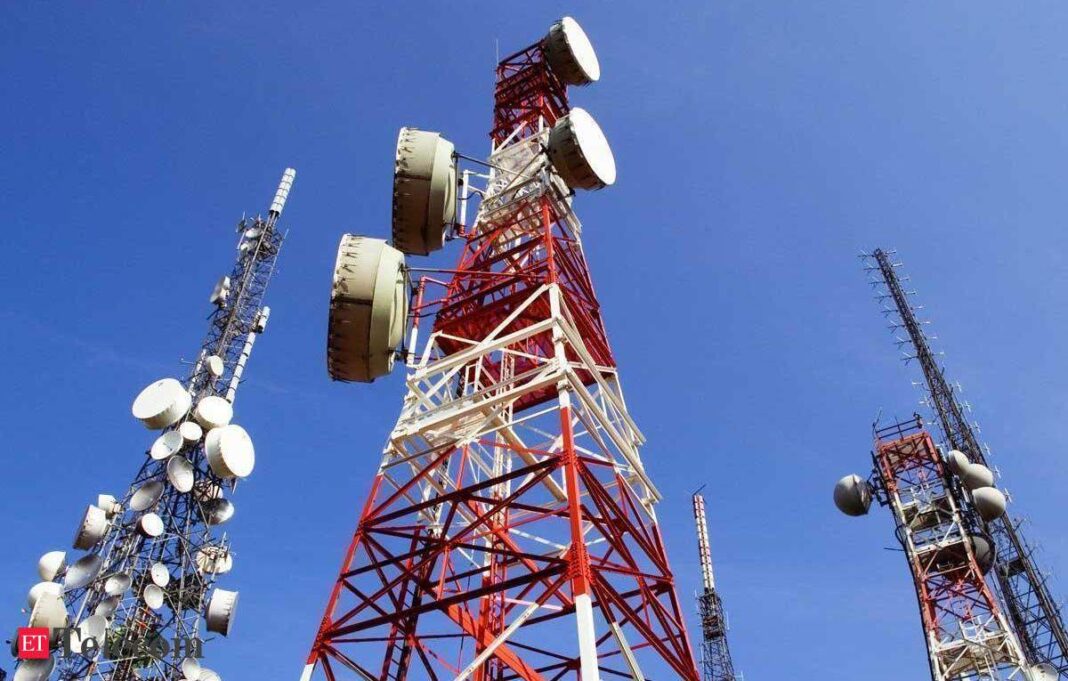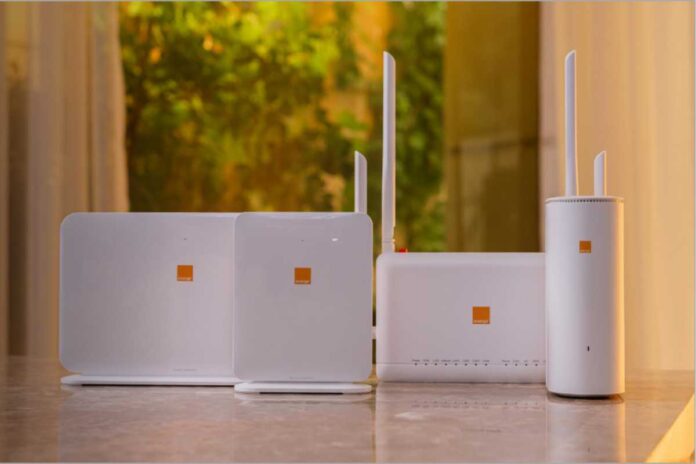In Short:
Telecom operators in India are working with the government and regulators to tackle unsolicited commercial communications (UCC). The use of Blockchain technology has helped reduce UCC originating from SMS. Efforts are ongoing to address voice calls-driven UCC. Telecom carriers are developing new models to combat the issue, and guidelines are being prepared under the Consumer Protection Act to protect consumers from pesky calls. The industry is seeking a level playing field with other communication platforms.
Telecom Operators Working with Government and Regulator to Address Issue of UCC
The Cellular Operators Association of India (COAI) stated that telecom operators are closely collaborating with the government and the regulator to tackle the problem of unsolicited commercial communications (UCC). COAI emphasized the need for a level playing field with communication service platforms offering voice calls and messaging.
TCCCPR: A Technological Solution to Curb UCC
COAI mentioned that the Telecom Regulatory Authority of India (TRAI) introduced the Telecom Commercial Communication Customer Preference Regulation (TCCCPR) in 2018, which has been successful in addressing UCC to a certain extent. This regulatory measure is based on Blockchain – Distributed Ledger Technology and involves multiple stakeholders such as telcos, telemarketers, aggregators, Principal Entities (PEs), among others.
According to SP Kochhar, Director-General of COAI, the industry has developed modules over the DLT framework that have contributed to a noticeable decline in UCC originating from SMS in recent years. However, UCC related to voice calls remains a challenge that the regulator and telcos are actively working to resolve.
Efforts to Tackle Pesky Communications
Telecom carriers are in the process of introducing new models to address UCC arising from voice calls. The government has allocated the 140 series for promotional voice calls and prescribed the 160 series for transactional and service voice calls as part of the crackdown on pesky communications.
COAI highlighted the Digital Consent Acquisition (DCA) module, which requires Principal Entities (PEs) to obtain explicit digital consent from users before sending commercial communications. Telecommunication Service Providers (TSPs) are engaging with various PEs such as banks, financial institutions, and real estate agencies to implement the DCA framework.
Committee Formed to Combat Pesky Calls
COAI and its members are part of a Committee established by the Department of Consumer Affairs to address the issue of unwanted commercial communications from unregistered telemarketers. The Committee is working on drafting guidelines under the Consumer Protection Act, 2019, to protect consumers from unwarranted communications.
Looking ahead, Kochhar expressed the industry’s anticipation of a level playing field in regulatory compliance requirements between TSPs and other messaging platforms offering similar communication services. The industry remains committed to collaborating with the Department of Telecommunications (DoT), TRAI, and the Department of Consumer Affairs to combat the UCC menace. Telecommunication companies are eager to work with regulatory bodies to find feasible solutions to the issue of unsolicited commercial communication. By working together, there is hope that the industry can create a more secure and trustworthy environment for consumers. Kochhar emphasized the importance of open communication and cooperation between all stakeholders to effectively address the challenges posed by UCC.





